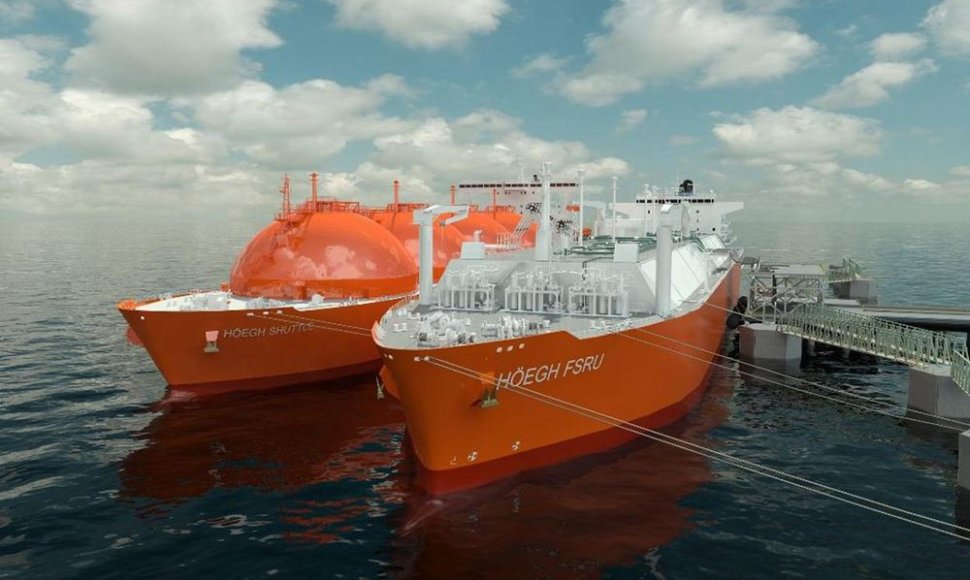The Energy Ministry has put forward a new scheme, under which all regulated electricity and heat producers will be obliged to purchase gas through a state-authorized supplier, which, in its turn, will have to purchase 540 million cubic meters of natural gas per year from the LNG facility.
“The new scheme concerns regulated heat and electricity producers instead of all consumers. Other consumers are free to choose their source of gas,” Daiva Rimašauskaitė, an adviser to energy minister, told BNS.
“This will enhance competition in the gas market, since the authorized supplier will be a new market player, which will offer to buyers both LNG and pipeline gas,” she said.
The authorized supplier could be a strategic company, in which the state would control at least two thirds of votes.
Fertilizer manufacturer Achema, Lithuania’s biggest gas consumer, the natural gas import and distribution company Lietuvos Dujos (Lithuanian Gas), as well as two Lithuanian associations have filed complaints with the European Commission over the extra tariff component related to the LNG terminal and mandatory purchase requirement. Last autumn, the Commission sent a list of questions to the Energy Ministry in order to collect more information on the issue.
“Informal consultations with the Commission on the new scheme are ongoing. With the new scheme put forward, the EU Pilot procedure opened with respect to the previous scheme, under which all gas consumers in Lithuania would have to buy 25 percent of gas supplies through the LNG terminal, will be closed,” Rimašauskaitė told BNS.
Under the so-called “25 percent rule,” large gas consumers would have to purchase 25 percent of their gas supplies from the LNG facility and another 25 percent from Russia’s Gazprom, Lithuania’s sole gas supplier, between 2015 and 2024. They would be free to choose the supplier of the remaining 50 percent.
The terminal is planned to be launched in late 2014, with about a billion cubic meters of gas expected to be pumped via the facility in the first year of operation. It is planned that the LNG terminal in Klaipėda will have an annual capacity of 2 billion to 3 billion cubic meters.
Lithuania consumes about 3 billion cubic meters of gas annually.












